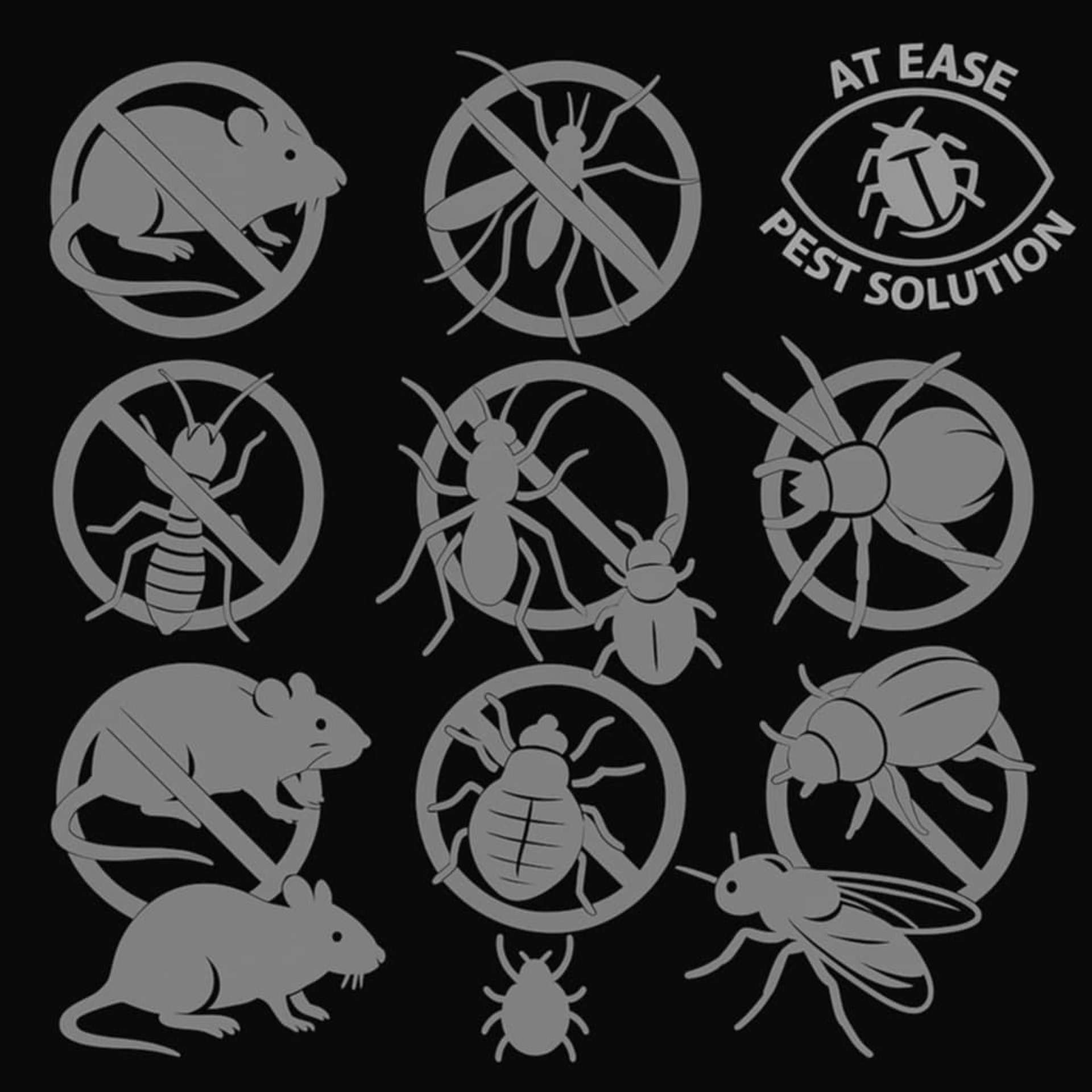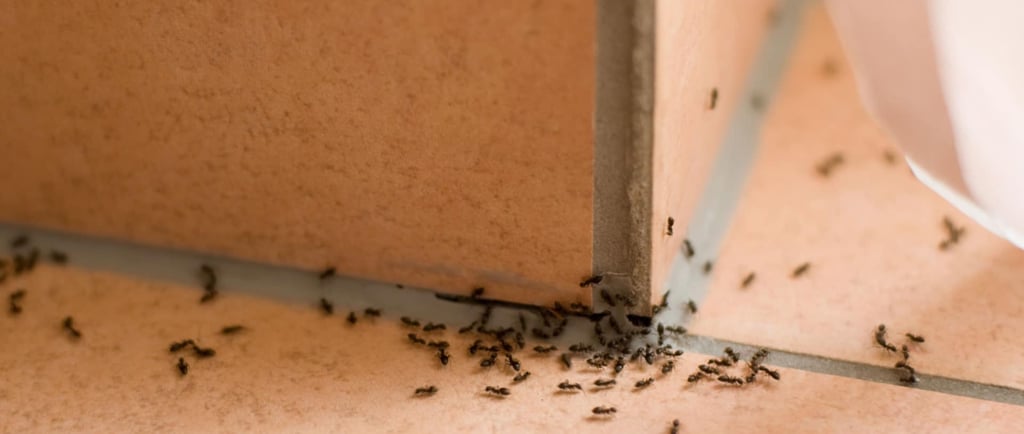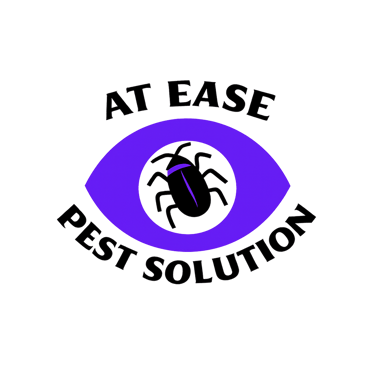
Why You Need Professional Pest Control for Odorous House Ants
Odorous house ants—also known as sugar ants or stink ants—may seem harmless, but they can quickly turn into a serious infestation. In this post, we dive into what makes these tiny pests so troublesome, where they hide in your home, and why DIY methods often fall short. Learn why professional pest control is the most effective solution to eliminate odorous house ants and prevent them from coming back.
Rolo Viray
4/6/20252 min read



Why You Need Professional Pest Control for Odorous House Ants
Odorous house ants (Tapinoma sessile) are a common nuisance in homes across the United States. Also known as sugar ants, stink ants, or coconut ants, these small insects can be more than just an annoyance. While they don’t bite or sting, they can quickly become a major infestation, making professional pest control essential.
What Are Odorous House Ants?
Odorous house ants get their name from the strong, rotten coconut-like smell they emit when crushed. They are tiny, typically measuring between 1/16 to 1/8 inch long, with dark brown to black bodies. Unlike some ant species, they do not have a noticeable node between their thorax and abdomen, giving them a smooth, uniform shape.
These ants are highly adaptable and can be found both indoors and outdoors. They form large colonies, sometimes numbering in the thousands, and can quickly overrun a home if left untreated.
Where Do They Nest?
Odorous house ants prefer to nest near moisture and food sources. Outdoors, they can be found under rocks, logs, mulch, and within soil. However, they often move indoors when seeking warmth, water, or food. Common indoor nesting sites include:
Wall voids
Beneath flooring
Near water pipes and sinks
Inside insulation
Behind cabinets or appliances
They are particularly attracted to sweet and sugary foods, which is why they are often seen foraging in kitchens and pantries.
Why Are They a Problem?
While odorous house ants do not pose a direct health threat, they can still cause significant problems:
1. Food Contamination – These ants travel in long trails, often crawling over countertops, pantries, and dining areas, contaminating food and surfaces.
2. Difficult to Eliminate – Killing visible ants does not solve the problem; the real issue lies in their hidden colonies, which can quickly repopulate.
3. Rapid Colony Growth – Their colonies are highly mobile. If disturbed, they can relocate their entire nest in just a few hours.
4. Attracting Other Pests – The presence of odorous house ants can attract other pests, such as spiders or larger ant species, creating further infestation issues.
Why DIY Methods Often Fail
Many homeowners attempt to control odorous house ants using over-the-counter sprays, bait traps, or home remedies. However, these methods often provide only temporary relief. Here’s why:
- Sprays kill only visible ants, leaving the colony intact.
- Improperly placed baits may not attract the ants or may not be strong enough to eliminate the entire colony.
- Colonies relocate when disturbed, meaning that without professional treatment, the problem simply moves elsewhere in the home.
The Importance of Professional Pest Control
Because odorous house ants reproduce quickly and establish hidden colonies, professional pest control is the most effective way to eliminate them completely*. Trained experts can:
- Identify nesting locations and eliminate the colony at its source.
- Use specialized treatments that target both the ants and their pheromone trails.
- Provide long-term prevention to keep them from returning.
Odorous house ants may seem like a minor nuisance, but their ability to spread quickly and contaminate food makes them a serious problem. If you notice signs of an infestation, seeking professional pest control can save you time, money, and frustration in the long run.

